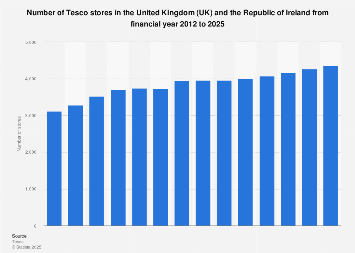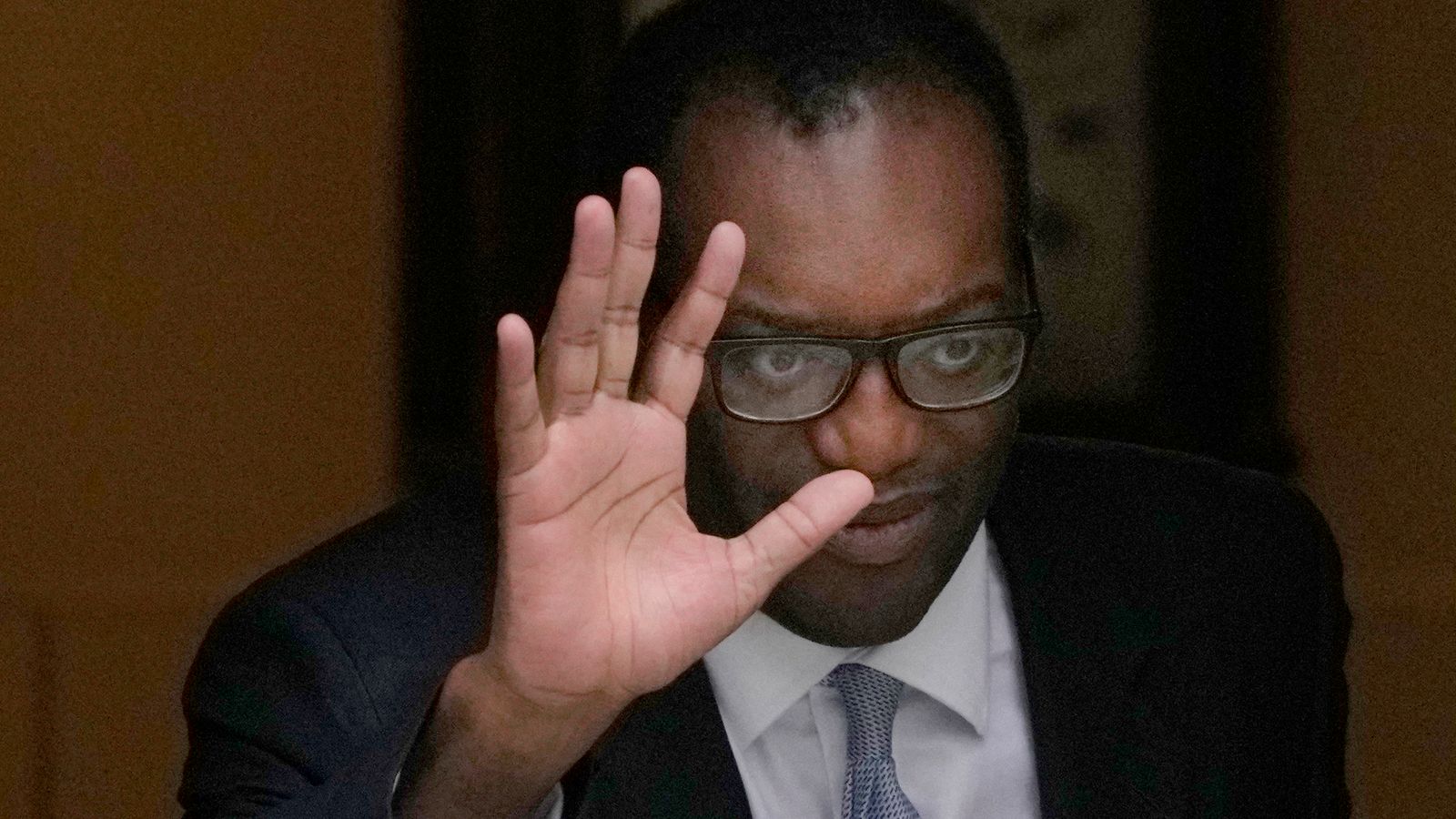Soldato
- Joined
- 29 Dec 2004
- Posts
- 17,119
- Location
- Shepley
A company will still have to consistently apply an accounting policy to depreciate its fixtures and fittings that accurately reflects their useful lives. You can’t depreciate them over a year because you feel like it.No, but you can choose how you amortise fixtures and fittings, for example, all the things that that makes a Tesco store a Tesco store are pretty much worthless. what's to stop them doing what football clubs do with players but in reverse to cut taxes ?
I don’t entirely follow your point re footballers but tax relief for capital assets (like fixtures) is not taken in line with the accounts so the accounting policy has no bearing on a company’s tax bill. Footballers (or more accurately their contracts) are intangible assets and tax relief is given in line with the accounting amortisation.
It can be all sorts of things. Their stores will be valued at the higher of fair value and value in use. Fair value is easy as will be a market valuation so dependent on property prices. All of the Big 4 audit practices will have valuation experts that can assess a company’s valuation of their assets.Such as a drop in property values for example?
I'm curious, what do accountants know about engineering? Surely they're relying on the input of someone else?
Value in use is more complex as will be based on a discounted cash flow model - this will be sensitive to interest rates, inflation etc on top of consumer behaviour. Given the commercial property market and the macroeconomic environment it should be no surprise to see write downs this year, and I expect there will be more next year. Auditing those models will be all about testing the estimates and assumptions, and management’s track record of previous estimates.






